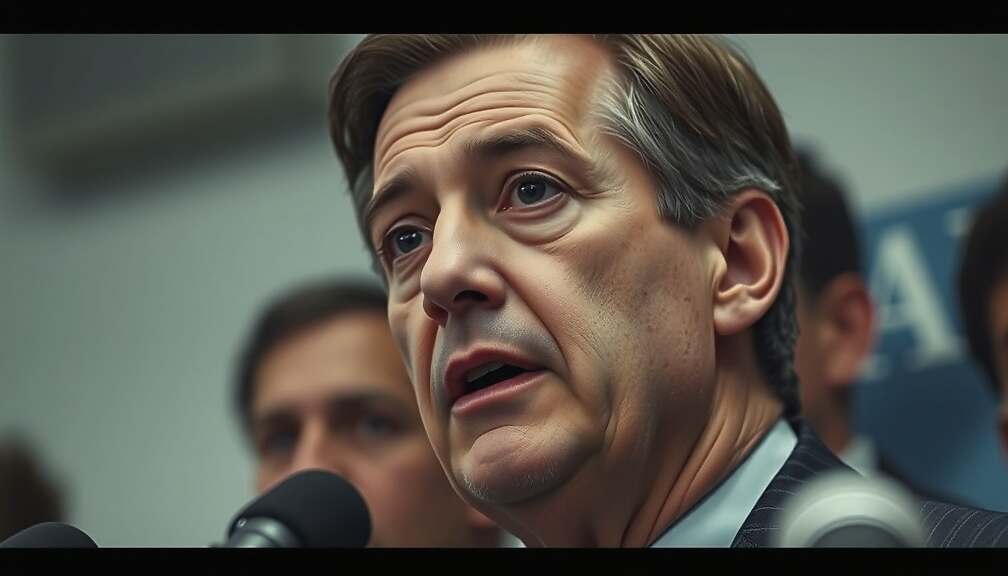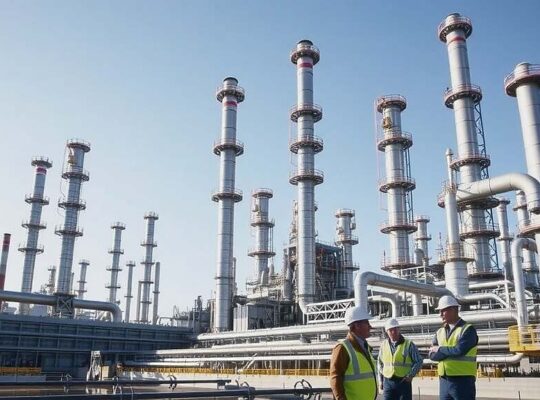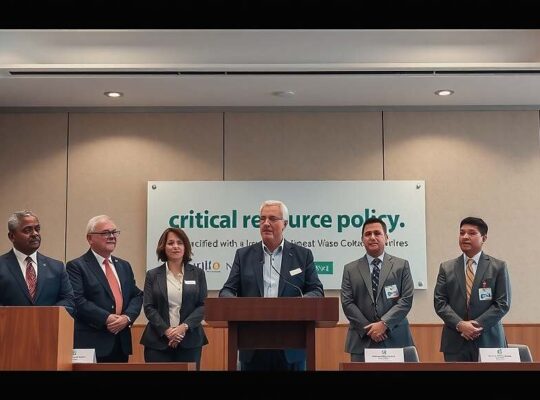Concerns are mounting within German political circles regarding potential shifts in alliances and increasing proximity between the Alternative for Germany (AfD) and the Sahra Wagenknecht Association (BSW). The developments have prompted warnings from established parties about the potential impact on Germany’s democratic landscape.
Sepp Müller, Vice-Chairman of the CDU parliamentary group for Eastern Germany, voiced apprehension, stating that a convergence is occurring “between those who belong together”. He cautioned that both the AfD and Wagenknecht’s movement pose a threat to Germany’s democracy. Müller emphasized the importance of maintaining clear principles and values to build public trust, a sentiment seemingly reflected in recent polling data.
The burgeoning discussion followed reports from AfD leader Tino Chrupalla regarding conversations between his party and the BSW, centered on strategies to reshape political majorities. While BSW leadership denied ongoing federal-level discussions, they acknowledged a willingness to engage with Chrupalla on fundamental issues.
The initial spark for this debate stemmed from a meeting between Frank Augsten, leader of the BSW parliamentary group in Thuringia and Björn Höcke, the AfD’s parliamentary group leader in the same state, a figure recognized for espousing far-right views.
The traditional left-wing parties have also expressed sharp criticism. Janis Ehling, Secretary General of the Left Party, told the “Rheinische Post” he finds it increasingly difficult to reconcile the backgrounds of individuals now involved, stating that associating with far-right elements betrays the principles of left-wing politics. He questioned the core values and stance of the BSW.
The Green Party is similarly sounding alarms about the potential for cooperation between the AfD and BSW. Parliamentary Secretary Irene Mihalic cautioned that a pre-existing affinity appears to be manifesting. She highlighted shared fundamental beliefs concerning nationalism, isolationism and proximity to Russian President Vladimir Putin, spanning figures from Höcke to Wagenknecht. Mihalic urged other parties to recognize the threat to the democratic order and clearly distinguish themselves from ideologies of division and disruption.












